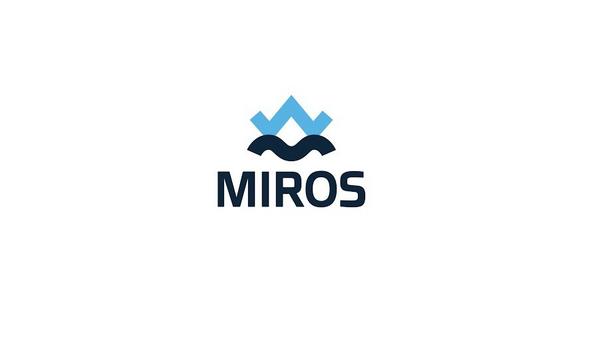Howden, a global provider of mission-critical air and gas handling products, has signed a Memorandum of Understanding (MoU) with Foreship, a pioneer in naval architecture and marine engineering.
Howden and Foreship have signed a cooperation agreement focused on streamlining the shipbuilding design process to incorporate Howden’s HV-TURBO compressors in Air Lubrication Systems (ALS), suitable for all types of vessels.
Air Lubrication technology
The Air Lubrication technology blows micro air bubbles under the hull of the vessel to reduce the resistance generated between the ship’s hull and the water, saving fuel as a result. Distributed across the hull’s surface, the ALS can save up to 8% on fuel consumption, also reducing carbon emissions.
This solution can support ship owners and operators in meeting their carbon-saving targets, in line with entry into force of the new Carbon Intensity Indicator (CII) and Energy Efficiency eXisting ship Index (EEXI) regulations, from 1 January 2023.
50% fewer CO2 emissions
We will improve the overall efficiency of vessels to support the industry in its drive to reduce its total CO2 emissions"
Massimo Bizzi, Chief Operating Officer at Howden, commented, “Howden and Foreship have worked closely together since 2015 when we supplied and installed turbo compressors for the first Air Lubrication System. Since then, together we have installed several ALS systems with Howden’s KA5 and KA10 turbo compressors on cruise vessels."
“The new partnership solidifies strong synergies coming from Foreship’s many years of experience in ship design and Howden’s position as the market leader in air and gas handling. Together, we will improve the overall efficiency of vessels to support the industry in its drive to reduce its total CO2 emissions by 50% by the end of 2050.”
Quality and reliability
Jan-Erik Rasanen, Chief Technology Officer at Foreship, commented, “We are excited to build on our extensive experience in ALS technology and formalise our relationship to integrate the renowned quality, reliability, and efficiency of Howden compression systems."
"Together, we offer the expertise, standardisation, and scale-manufacturing that the marine industry needs.”
Energy efficiency and effectiveness
Howden focuses on helping customers and enabling them to make tangible gains in terms of sustainability
Howden focuses on helping customers increase the energy efficiency and effectiveness of their air and gas handling processes enabling them to make tangible gains in terms of sustainability.
Howden designs; manufactures and supplies products, solutions, and services to customers around the world across highly diversified end markets and geographies.
Sustainability
The business recently announced its target to be carbon Net Zero by 2035 through the purchase of renewable energy and carbon-free energy; efficiency gains from energy conservation measures; and renewable energy projects at its manufacturing facilities.
The largest impact the business will have on global sustainability will be through its partnership with customers to supply equipment that will make a major impact on their carbon emissions and sustainability.












